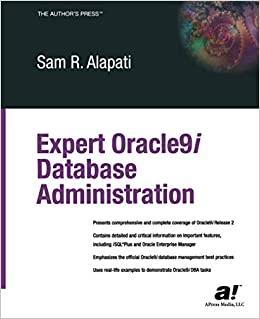Question
Question 16 Select all of the following statements that are true. Question 16 options: A) Type checking determines whether and when types are verified. Static
Question 16
Select all of the following statements that are true.
Question 16 options:
|
|
| ||
|
|
| ||
|
|
| ||
|
|
|
Question 17
Select all of the following statements that are true.
Question 17 options:
|
|
| ||
|
|
| ||
|
|
| ||
|
|
|
Save
Question 18
Select all of the following statements that are true.
Question 18 options:
|
|
| ||
|
|
| ||
|
|
| ||
|
|
|
Question 19
Select all of the following statements that are true.
Question 19 options:
|
|
| ||
|
|
| ||
|
|
| ||
|
|
|
Step by Step Solution
There are 3 Steps involved in it
Step: 1

Get Instant Access to Expert-Tailored Solutions
See step-by-step solutions with expert insights and AI powered tools for academic success
Step: 2

Step: 3

Ace Your Homework with AI
Get the answers you need in no time with our AI-driven, step-by-step assistance
Get Started


